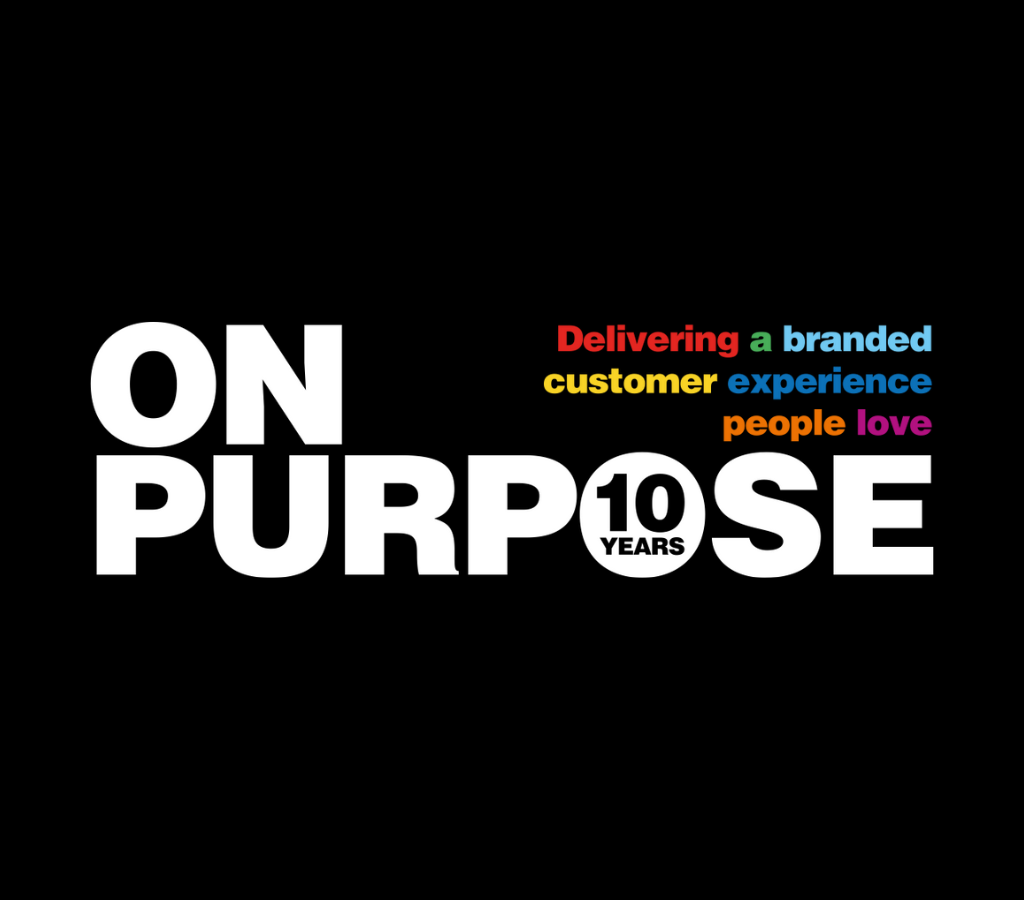I believe in coaching – in sport, in business, in life. I have had coaches in all three and they have helped me in ways they could only imagine. I am eternally grateful to my coaches. And, in turn, I am coaching three senior business leaders right now, so I practice what I preach both ways. It strikes me as dumb, the fashion for decrying coaching as some sort of flummery that involves cod psychology and gullible clients. Coaching helps clarify situations, put things in perspective, open up options for action and create a framework for making important decisions.
But what if you can’t afford a coach? Or you just don’t have the time right now? What can you do? You can self-coach. This blog tells you how to do just that with just three principles on which to focus.
1. Know what you need to know before you believe what you want to believe
One of the great benefits of having a coach is that you benefit from an outside, objective viewpoint against which to evaluate your behaviour. We are inevitably subjective animals – and especially so when it comes to looking at ourselves. One of the great benefits of having a coach is that you benefit from an outside, objective viewpoint against which to evaluate your behaviour, the issues facing you and the options available to you as you deal with those issues. Step one is to step outside yourself and write down the facts of the situation. It is important to create physical and mental space between yourself and the presenting issue. Take time out, step away and breathe. Go for a walk in the fresh air, have a relaxing bath – put your body and mind in a state where they can contemplate and create, where they are not pray to emotional vacillations. List the facts as you know them and then imagine someone you trust to tell you how it is (not to give you false love – the love that tells you what you want to hear), talking to you about what they see, what the facts look like to them. We tend to rush to that which our heart desires – we believe what we want to believe, what appears to accord with our world view or with our self-limiting beliefs. Keep perspective. Self-delusion is a killer.
2. Keep your options open
Coaching helps clarify situations, put things in perspective, open up options for action and create a framework for making important decisions. When you reach a crossroads in the countryside there is often a tall sign post with arms stretching in different directions pointing the way to various destinations. Learn from this sign post. Instead of shutting down possibilities and dismissing them without proper consideration, list them all – or draw them as a multi-armed road sign post. At the stage of exploring possibilities – whether about your career direction or just a decision you need to make about something important – you need to engage your right hemisphere of the brain, the more creative side. This hemisphere needs some time to create, to apply imagination. The left hemisphere, the one that applies logic and order, can do that job relatively quickly and we tend to default to it (after all, we work in business where we like to believe the left hemisphere of logic, reason and sense holds sway). But you mustn’t. Keep an open mind as long as you can. So the next time you hear yourself say “I can’t do that”, stop and ask yourself the following question: “I know you can’t, but if you could, what would you do?” You need to acknowledge your gut reaction and then open up possibility again so you can maximize your resourcefulness and give yourself more options.
3. Imagine you employ yourself
Casting yourself in the role of employee can somehow arrogate responsibility – put you in the mindset of “obeying orders”, being deferential to a boss. This, we would argue, is very unhealthy. Too many senior leaders we work with at Caffeine have a limiting handicap. Although they are partners in an enterprise or members of the board, they think of themselves as employees. This is, perhaps, not that surprising. It is still a minority of us who have ever started or run our own enterprise. But casting yourself in the role of employee can somehow arrogate responsibility – put you in the mindset of “obeying orders”, being deferential to a boss. This, we would argue, is very unhealthy. Unhealthy for you and for the company you work for in business. Why? It is unhealthy for you because it results in tension between what you feel and what you have to do in many instances – you are executing someone else’s wishes, after all, and these may be at odds with your opinion or even with your personal ethics. Hopefully not, but they might and we see that happen a lot in the coaching sessions we do at Caffeine. The result, people feel helpless, disempowered and can be highly stressed. (We are not saying, by the way, that you become a right royal pain in the neck and pursue your own course regardless of the boardroom consensus – but everyone has the right to be heard and the duty to speak up.) Sometimes your view will not prevail, but do not be gagged by your own inhibitions or because you think your view has no validity or because you assume no one will listen to your views anyway. You are a big grown up. Speak your mind. You will respect yourself and be more respected in the morning if you do.
Failing to say your piece is also very, very bad for your business. If you don’t believe us, look at the spineless silence that seems to have prevailed in the boardroom of Philip Green’s company. If no one holds the CEO to account, if no one speaks truth to power, you could end up in the dock. Or, even worse, making innocent people who worked hard for you all their careers, redundant, as the board’s silence did at BHS.
So act as if you employ yourself. It is rewarding, frees the mind and your ability to act and you will always be proud of yourself. And what better outcome could there be for a coach than to make her coachee walk tall and feel proud of herself? If you coach yourself with these three simple steps, you will get the double benefit of that harvest as both coach and coachee. And it won’t have cost you a bean.
Too lazy to self-coach? Want a more challenging coach? If you want a helping hand, call David Kean at Caffeine Confidential.
Image © Raphael




